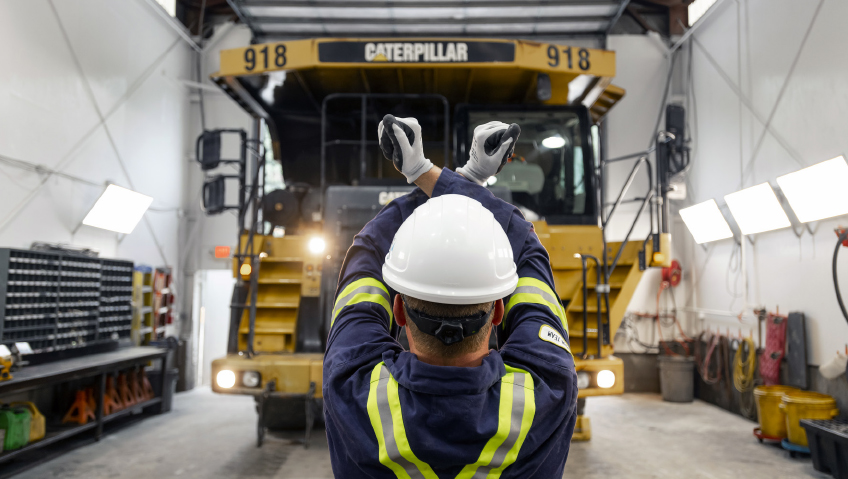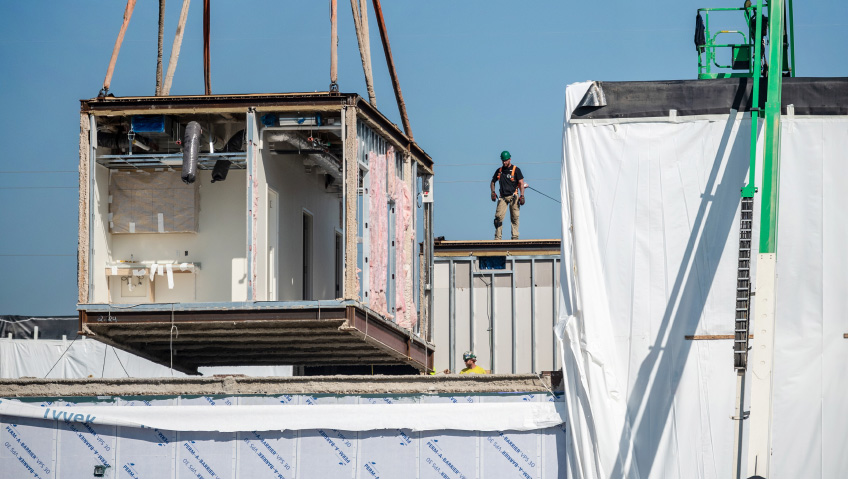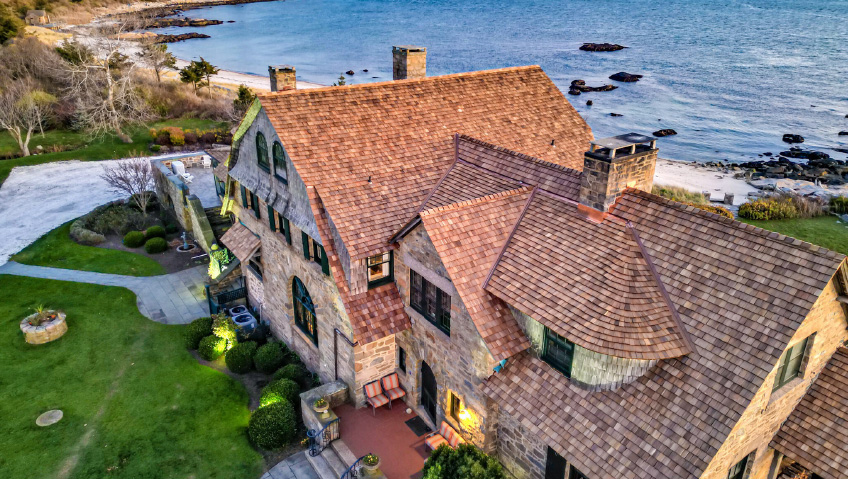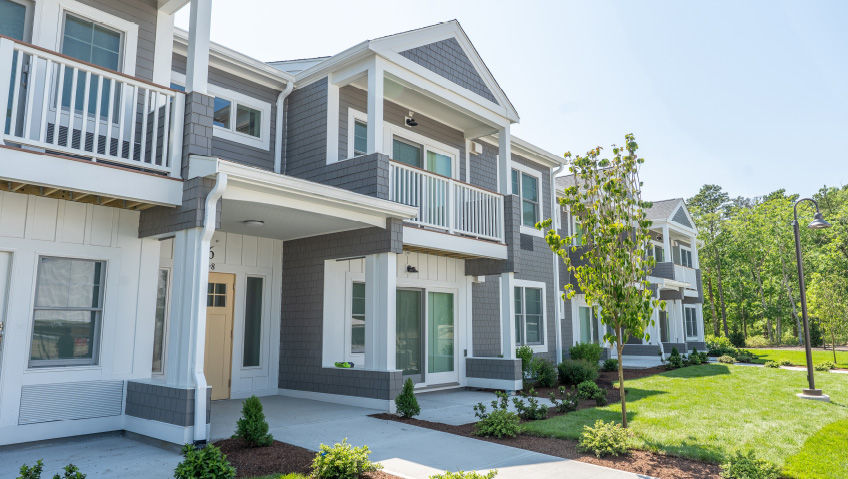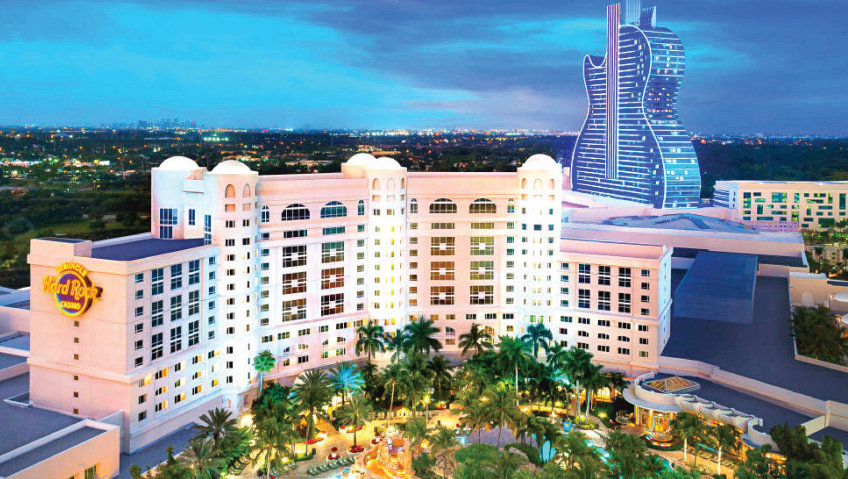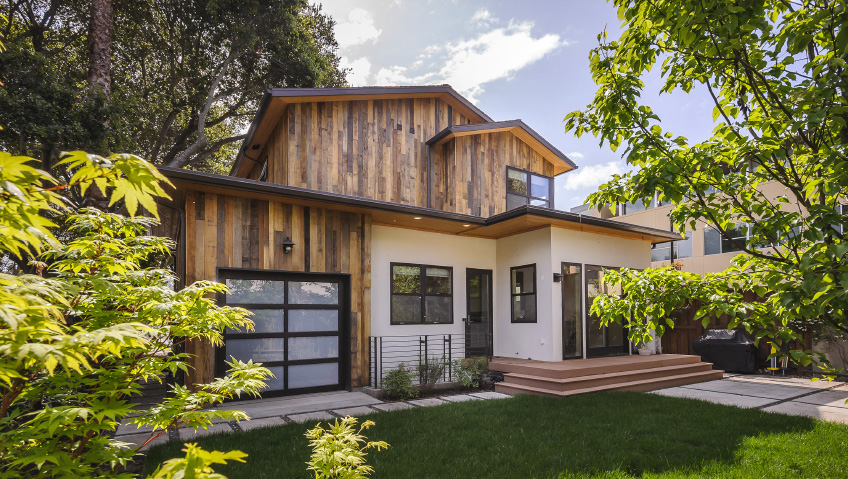Since 1970, Mainland Construction Materials, headquartered in Langley, BC, has been committed to being the leading supplier of quarried stone, river sand, gravel, and recycled concrete and asphalt for the road construction industry in the Lower Mainland.
“All roads lead to Rome,” it has been said, or maybe it should be, “to the Roman way of doing things.” And that’s true: superhighways criss-crossing continents today use the same foundation as the Romans did on the Appian Way in 264 BCE.
Although so much has changed, those men from Rome would still recognize aggregate – crushed rock, sand, and gravel – today still the critical component of any road, just as it was two thousand years ago.
Which brings us to Mainland Construction Materials. Among the company’s holdings is Cox Station Quarry, capable of producing over three million metric tonnes of aggregate per annum, making it the second-largest granite (hard rock) quarry in Canada.
We spoke with Kevin Spenst, President of Mainland Construction Materials; Colin Herbert, Equipment Repairs and Maintenance Manager; and Sandy Heer, Human Resources Manager, about the essential services the company provides, the challenges faced by aggregate suppliers, and the company’s remarkable growth trajectory.
The original company, Mainland Sand & Gravel, was formed in 1970 by Laurie Carlson and, until 2014, remained a family-owned company operated by Laurie, and later, his sons, with Ted as president and Brent in charge of sales and barging.
In the early years it dredged the Port of Vancouver annually to keep the Fraser River open for shipping, and marketed the dredged river sand from its Timberland Road Depot in Surrey, BC, which today remains an integral part of the business.
Then in 1986, the company began extracting aggregate from a 400-acre site, the Cox Station Quarry on the north side of Sumas Mountain. This was shipped by barge down the Fraser River to distribution yards in Surrey and Richmond.
Herbert recalls that when he came to work at Mainland 25 years ago, there were nine employees, one processing facility and one depot. Today there are 260 employees, five depots in addition to Timberland Road; two pits and three quarries.
The McLean Quarry and the Jamieson Quarry, located in Abbotsford on the south side of Sumas Mountain, produce about a million metric tonnes of aggregates per annum, while the Cox Station Quarry has doubled in size, and can ship over three million tonnes per annum, making it the second largest in Canada.
In 2014, Mainland was purchased by Summit Materials, which is based in Denver, Colorado and has about 400 locations in 23 states. It’s now a publicly traded company, listed on the New York Stock Exchange.
The Carlson family, according to Herbert, were very good employers, but “realized they had taken the company to a certain level and it was time to turn it over to somebody else to continue to grow it. They told us they had interviewed several companies and decided on Summit as they determined it would be the best fit and in line with their values.”
While the Carlson family was assessing Summit Materials’ likelihood to “be the best fit,” that company’s directors were no doubt examining Mainland’s proven track record.
Mainland had invested in a large amount of heavy equipment, including the barges on the Fraser River; was recognized as a reliable supplier of high-quality granite aggregate to highway construction companies, as well as river sand, the preferred topping for sports fields and golf courses; and had been the sole supplier for two major projects.
The South Fraser Perimeter Road, a major project completed by Mainland, required approximately 2.7 million tonnes of aggregate, with a challenging schedule requiring delivery of upwards of 75,000 tonnes per week. But the numbers tell only half the story.
Herbert recalls that Mainland was awarded the contract about the time that the BC government began pouring infrastructure money into the economy at the end of the 2008-09 recession. It was already committed to providing two million tonnes a year to its regular customers, and although the rock was available, there were issues surrounding the acquisition of more heavy equipment.
“The industry went from zero to sixty overnight and no one had anything for sale,” Herbert says. “We were trying to buy Caterpillar trucks, but we were told they might come with no tires or even a box, because there had been such a disruption in the supply chain, and no one had anything in stock.”
The biggest challenge of all was setting up a second crushing plant. “We purchased a portable crushing plant that had to be trucked all the way across the country from Nova Scotia,” he says, “set on a high beam chassis with wheels, big screening decks, crushers and conveyors. Finally we were able to put together a second plant, a combo of new and used equipment, assembled with in-house expertise.”
So eventually there were two operations going on at the 3.5 km-long hourglass-shaped Cox Station Quarry. One dedicated to Mainland’s regular customers at the one end, and the other at the newly acquired east end. Both were working 24 hours a day, with barges starting to load at 5 a.m. and equipment maintenance carried out during the graveyard shift.
Close to the end of that project, the company acquired another huge project. Approximately three million tonnes of aggregate was required to pave the Tsawwassen Mills Shopping Centre, with a really difficult schedule calling for up to 24,000 tonnes per 24-hour day.
“Then, when that was going on, the Vancouver Airport project took off,” Herbert adds, explaining that Mainland was able to bring in a barge loader with a hopper and an offload conveyor, close to the airport, so trucks could be filled, a process that can take 10 to 12 hours.
“Marine shipping is important,” he says, noting that 95 percent of the aggregate from the quarries travels by barge or tug down the Fraser River. “Not only does it free up traffic congestion and reduce fuel costs, it reduces wear and tear on the roads, because heavy gravel trucks tend to rut them out.”
“From my perspective, it has been a very good transition from a family-run business to a corporate structure,” Herbert says. “Summit Materials has given everyone within this organization the tools to succeed. They have made the capital available and reinvested in the company.”
Summit’s plan was to grow the company, which they rebranded as Mainland Construction Materials. In 2017 the company brought in professional engineer Kevin Spenst to be the new president. Having worked in all four western provinces, Spenst brought extensive industry experience to his role.
That same year, Winvan Paving, a civil and paving contractor that has served the lower mainland for over 50 years was added to the Mainland Group. Located in New Westminster, it maintains an asphalt plant, aggregate depot, barge ramp, testing lag, and maintenance and repair shop, and employs 150 people.
Three years later in 2020, Mainland purchased another strong family-owned business, Valley Gravel Sales Ltd., which added one quarry and two sand and gravel pits. This brought the company one step closer to its goal of becoming leading supplier of stone, sand, and gravel in the lower mainland.
“We are still looking to acquire,” Spenst told us. “We would like to have a ready-mix concrete business, and we would like to add businesses in a different market. Winvan was focusing on the Fraser River Valley and Vancouver areas, but there’s no reason, if the opportunity came up, that we couldn’t move further into the valley, to the Kamloops or Kelowna areas, or maybe across to Vancouver Island and Victoria.”
Not only is Spenst thinking about product, he has been thinking a lot about customer service. “A lot of companies produce aggregates and pave roads,” he says, “but from a service perspective, we want to differentiate ourselves in two ways. First, we really want our customers to see us as different from everyone else. We do that by being more accessible, more accommodating and giving better value to our customers by finding solutions, and going beyond ‘just doing the job.’ Second,” he says, “we want to differentiate ourselves by being the best company to work for and I want people to feel rewarded about their work and know their manager cares about them.”
Recently Spenst has been working with Sandy Heer, Mainland’s first Human Resources Manager, who joined in 2018 to revamp the company’s core values so that they better reflect the company. Many businesses, Heer says, use words like ‘integrity,’ or ‘sustainability’, but those words can be nebulous, meaning different things to different people. Heer is adamant that she wants the company’s values to resonate with everyone.
“So instead of using the word ‘integrity’, we’re saying, ‘Do the right thing’ and that makes sense to everyone, whether they’re driving a loader or sitting in an office.” In the same manner, a reference to health, safety and wellness has been replaced with ‘Put people first in everything we do.’ People understand what this means, she says, just as they understand the other values: ‘Be Committed’, ‘Work Together’ and ‘Strive for Quality’.
‘Do the right thing’, Heer says, is her favourite value because it extends to everything the company does, including making sure the equipment has air-conditioned cabs for the operators and exercising caution when crushing rocks so as to not disturb the water table.
Doing the right thing also means working with suppliers to find more fuel-efficient engines, using solar power on company buildings, and generating power to put back into the grid through a conveyor that runs downhill.
Heer concludes with the thought that doing the right thing is also about corporate responsibility to the communities where Mainland is located, “whether it’s tree planting, donations of aggregate, volunteering at food banks, or adopting trails in the mountains to maintain. Our plan for 2022 involves a heavy commitment to the Fraser River Valley, because we use the river a lot, and we want to make it greener and give back some of what we have taken away.”

